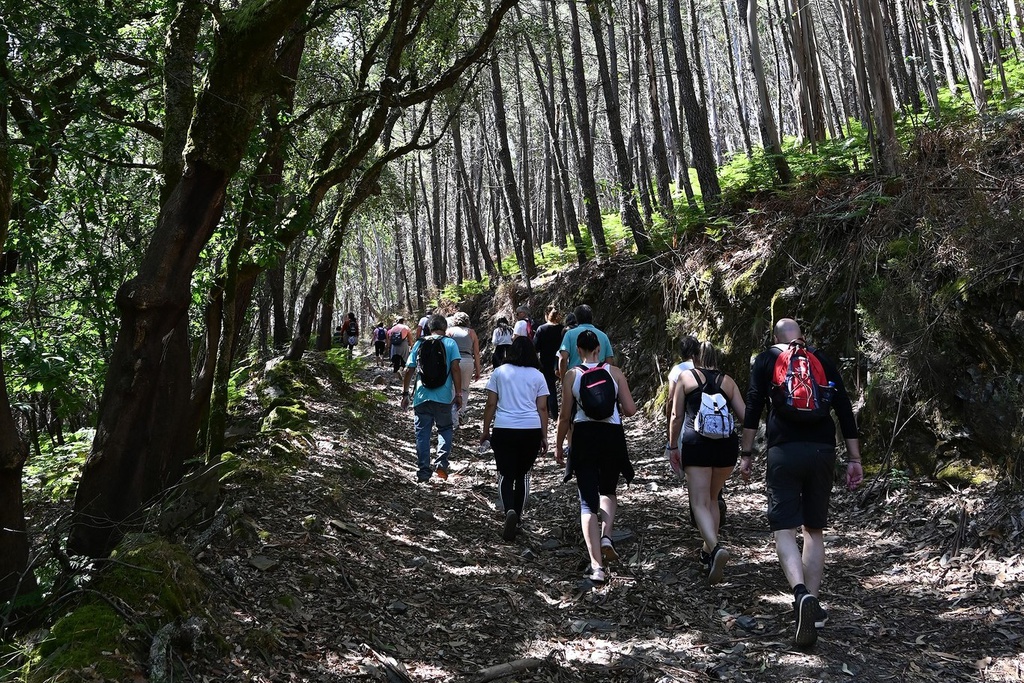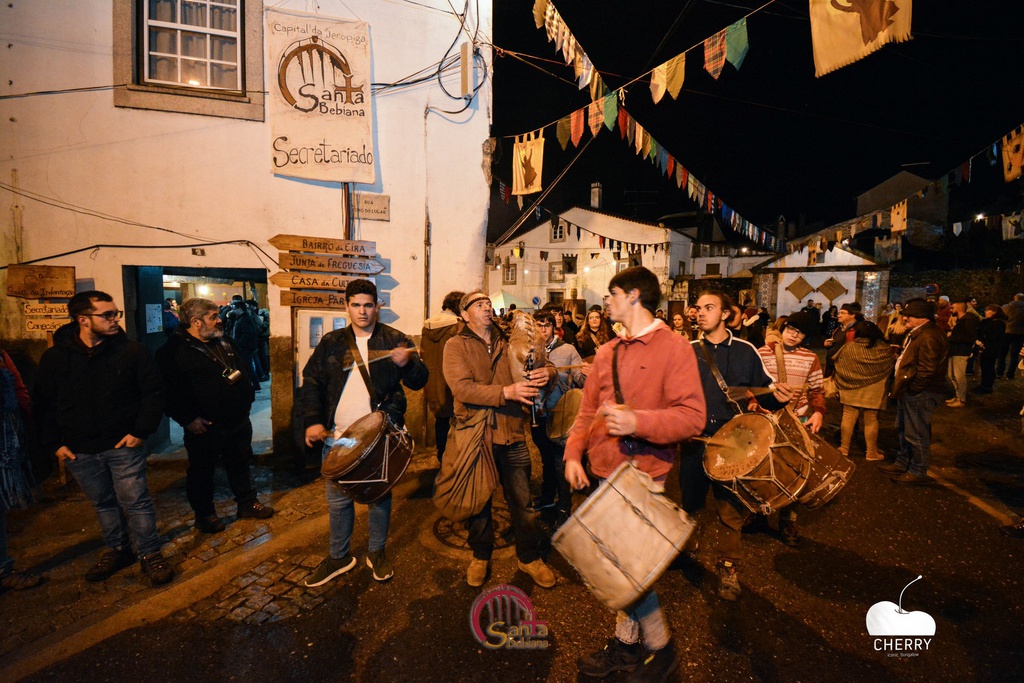Eira da Brincadeira was highlighted at the 2nd edition of the International School Mobility Congress (CIMES), which took place in Óbidos on October 2. Following an invitation from the organizing committee, the methodology, considered an example of best practices in Portugal for promoting the use of bicycles and sustainable, active mobility, was presented by the vice president of the Pampilhosa da Serra City Council, Alexandra Tomé.
"Today, bicycles at Eira da Brincadeira are an indispensable resource for enabling and enhancing playtime, being one of the most popular choices voted by children for activities throughout the week," noted the official.
It is worth recalling that following the 1st edition of CIMES, the municipality was granted the PREPOP Project Laboratory – Operational Pedaling Program, resulting in a donation of bicycles with specific, adapted features from the Nuno Amaro Mobility group. These bicycles are designed to help preschool children learn to ride with greater ease and safety.
Since then, Alexandra Tomé noted, the project has helped "young children learn to ride bicycles, and this collective movement has become part of the DNA of Eira da Brincadeira," making them simultaneously "safer, more empathetic, and capable."
Eira da Brincadeira has been garnering interest and curiosity from various educational agents and entities. Since the methodology was implemented in 2022, it has earned several distinctions and has been presented at various forums, congresses, and work meetings.
The International School Mobility Congress was held from October 1 to 3, under the theme "Urban Challenges, Generations, and Activism." Over three days, topics related to the concept of sustainable school mobility were shared and discussed, with presentations of some existing school models in Portugal, both private and institutional, with a special focus on cycling mobility.
Pampilhosa da Serra was among the select group of municipalities invited to present projects tailored to their realities and civic movements, contributing to the development of active mobility in Portugal.











